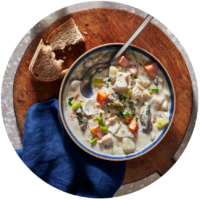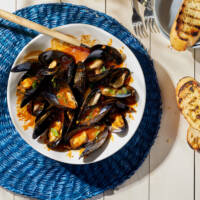

Also known as: Whiting
Off the coasts of British Columbia, swims the Pacific hake, also commonly known as whiting. With its long, slender body and silvery sheen, this fish is distinguishable by its delicate and fine flaky texture, and hake's subtle taste sets it apart; it's mildly sweet with a hint of brine.
Pacific hake’s light, non-overpowering flavour makes it a favourite for those who appreciate milder seafood adaptable to culinary exploration with seasonings and sauces—but still tastes like seafood! Whether it's the main star of a meal or playing a supporting role, the possibilities are as vast as the ocean they hail from.

Neurological & Brain Development: As a good source of choline and omega-3s, Pacific Hake may play a role in early brain development, neurotransmitter formation, and the structural stability of cells.
Bone Health & Enhancement: As a source of Vitamin D and magnesium, Pacific Hake may support the formation and health of bones while boosting calcium and phosphorus absorption.
Growth & Energy Metabolism: As a source of Thiamine, Niacin and Vitamin B6, Pacific hake may promote energy metabolism, normal growth and tissue formation.



Several species of crab are caught in Canadian waters, all of which are healthy and delicious. Succulent crab meat is exceptional in dips, soups, and more.
Contains antioxidants
May aid brain development
Source of omega-3s

Featured Recipe:
Slaw-Topped BBQ Fish Burgers with Jalapeño-Lime Aioli

Our East and West Coast oysters have won international acclaim for their exquisite taste and unique “meroir.” Whether you’re feeling decadent or just want to slurp some back, these briny beauties never disappoint.
Helps build strong bones and tissue
Aids immune function
Source of dopamine, the “feel-good” hormone

Featured Recipe:
Creamy Pressure Cooker Two-Potato Seafood Chowder

This delectable shellfish is an aquaculture success story — and a delicious addition to your family menu whether steamed, boiled, roasted, or grilled.
Helps build red blood cells
May aid bone and tooth development
Contributes to maintaining healthy skin

Featured Recipe:
Grilled Mussels with Gochujang Butter